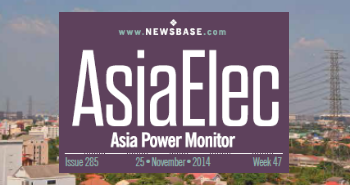Global solar panel glut caused by Chinese overproduction

There is an overproduction of solar panels worldwide, with production capacity exceeding demand by 2 TW. This surplus has led to falling prices, attributed to Chinese companies benefiting from state support, impacting manufacturers in Europe and the United States. As a result, while consumers enjoy lower costs, manufacturers face financial difficulties.
"Based in Dresden in the early 1990s, Solarwatt quickly became a symbol of Europe's ambitions in renewable energy and a bold plan to create solar energy," writes The Financial Times. "The opening of a new solar panel plant in Dresden at the end of 2021 was seen as a small victory in the battle for market share among Chinese groups... Now Solarwatt is preparing to stop production at the plant and move this work to China," the publication adds.
The oversupply has not only affected European companies. "Global oversupply has brought down solar panel prices over the past two years, leaving several European manufacturers unprofitable, jeopardising US President Joe Biden's ambitions to turn America into a renewable energy force and even ricocheting Chinese companies that dominate the global market," according to The Financial Times.
Despite these challenges, the abundance of cheap solar panels has led to an increase in installations by consumers and enterprises. According to the International Energy Agency (IEA), by 2028, electricity generated by solar energy is expected to surpass that of wind and nuclear power.
The solar industry employed over 800,000 people in Europe at the end of last year, according to SolarPower Europe. In the United States, nearly 265,000 people are employed in this sector, based on data from the Interstate Council on Renewable Energy Sources. BloombergNEF reports that panel prices have fallen by more than 60% since July 2022.
The significant impact of this situation has led to calls for protectionist measures. "The scale of the damage caused has provoked calls for Brussels to protect European companies from what industry representatives say are state-subsidised Chinese products," notes the article. The United States has introduced new tariffs on Chinese solar panels, ranging from 25% to 50%, with Europe considering similar measures.
However, some American companies argue that these protective measures may not be sufficient. With industries in Europe and the United States under pressure, a critical question remains whether Chinese companies can maintain current price levels or will need to reduce production to stabilise their finances. In March, China's Longi, the world's largest solar company, reduced its workforce by 5%, affecting 4,000 employees, as reported by the British newspaper.



Follow us online